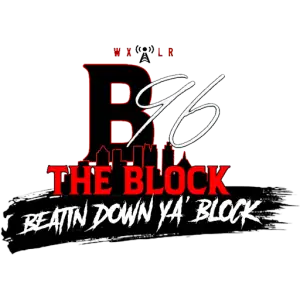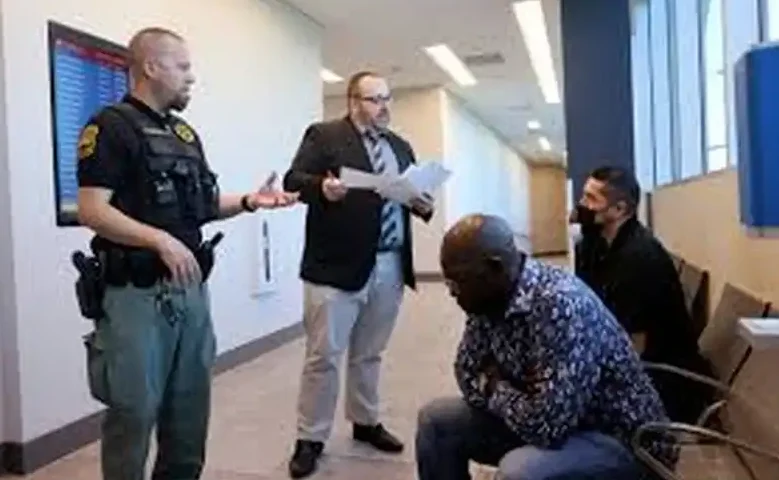Recent legislative changes in Nevada have significantly impacted the handling of traffic tickets, with a shift in some minor traffic violations from criminal misdemeanors to civil infractions. This change alters the legal process by which these cases are resolved. Civil infractions now require proof based on a preponderance of evidence, rather than the higher standard of beyond a reasonable doubt required for criminal cases.
A 2022 investigation highlighted systemic issues, such as traffic tickets being downgraded to parking violations and courts operating without coordinated information sharing, complicating the tracking of repeat offenders. The reclassification to civil infractions aims to streamline processes, but it also reduces negotiation opportunities, as prosecutors are not mandated to participate in civil cases. This absence could, however, increase the chances of dismissal when contested.
Clark County’s District Attorney has chosen to focus resources on criminal cases, citing concerns over the lack of consequences for poor behavior due to the current system’s separation of civil and criminal cases. The absence of a centralized online platform to resolve tickets and track offenders complicates the process further, as plans for such a system were halted due to vendor issues.
For drivers dealing with traffic tickets in Clark County, the issuing location determines the presiding court, and tickets can often be managed online. The distinction between civil and criminal cases is crucial: civil infractions carry fines up to $500 per violation, while criminal cases can result in fines up to $1,000 and possible jail time.
Drivers can respond to civil infractions by paying the fee or contesting the ticket. Uncontested tickets can be paid online, and first-time offenders may have the option to reduce the infraction to a non-moving violation through a safety class or additional fee, potentially avoiding insurance repercussions.
To contest a civil ticket, drivers must pay a bond equivalent to the fine, refundable if they win the case. Criminal infractions may require court appearances, and failure to appear could lead to a bench warrant. While some criminal infractions allow for online plea and payment, others necessitate in-person pleas to schedule hearings.
Overall, these changes are aimed at improving efficiency but present challenges in enforcement and resolution, with ongoing efforts to develop a comprehensive state-wide online system.
























Bruce
March 11, 2025 at 3:38 pmIf the prosecutor’s office no longer participates, who will be in the other side if you contest a civil ticket?
Nick Bonsanto • Post Author •
March 11, 2025 at 8:45 pmThat is a good question. So much upheaval these days who knows what any government agency is doing.